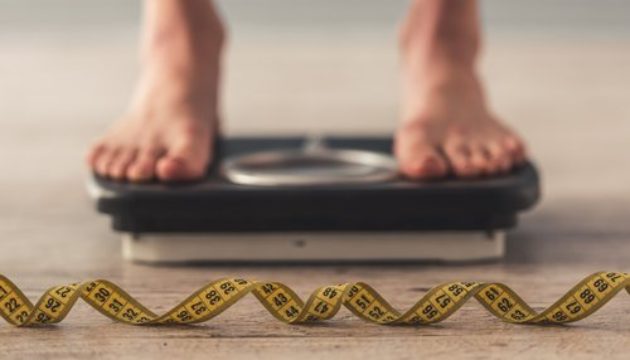Though they may seem unrelated, your sleep habits and night time routine can actually play an important part in your weight loss. Night time snacking, caffeine and sugar consumption, weight loss, metabolism and quality sleep are all very connected. For example, getting a good night’s sleep will improve your overall well-being and also help you keep cravings at bay. If you’re tired during the day you will probably be looking for caffeine or sugar to give you a boost. Having low energy will also make you reach for comfort foods and you’ll probably be more inclined to skip a workout or an opportunity to be active. Lack of sleep can also lead to irritability, weakened immune system, impaired memory and more.
What is one of the most common causes of poor quality sleep? Many people find that they can eat healthy during the day but that their resolve is worn down by late afternoon and night time, when they can’t help themselves from indulging in sweet and salty snacks. Late afternoon snacking and night time snacking can take a healthy weight loss day and change it to an unhealthy weight gain day in a matter of a couple of hours. A majority of clients find themselves challenged between the hours of 4-6pm and 7-9pm. If you have poor sleep quality from the night before, think about how that is going to affect your ability to stay strong through these challenges. When we don’t sleep we break down from the inside out. If you are reaching for caffeine in an effort to pass on the snacking you may find drinking caffeine after 4pm will keep you in lighter stages of sleep when you need deep, quality sleep to function at your best during the day. Sleep is also essential to proper metabolism function – if you aren’t getting enough sleep it can slow your metabolism. It’s not just snacking that can affect you in this way – big meals or heavy foods can increase heartburn and other discomfort that can keep you up. Many of us like to have something sweet after dinner or a late night salty snack, and that’s okay. But make a plan to have your allowed snacks planned in advance so you know what they are and when you are eating them. When you are done – you are done!
There are several ways you can improve your night that will lead to quality sleep. The best thing you can do is cut the caffeine well before you plan to go to bed. Lowering your time with bright lights and computer, tablet or phone screens will also help you when it’s time to go to sleep. The blue light from electronics such as phones or computers can suppress your brain’s production of melatonin, a brain chemical which helps us fall asleep. Another option is to try to go to bed and wake up at consistent times. This can help you get into a regular rhythm and will train your body to expect to go to sleep at a certain time and keep you consistent. Meditation has also been known to significantly improve sleep quality. Meditating during the day or evening can help you release tension and recharge, which can lead to a more relaxed night.




